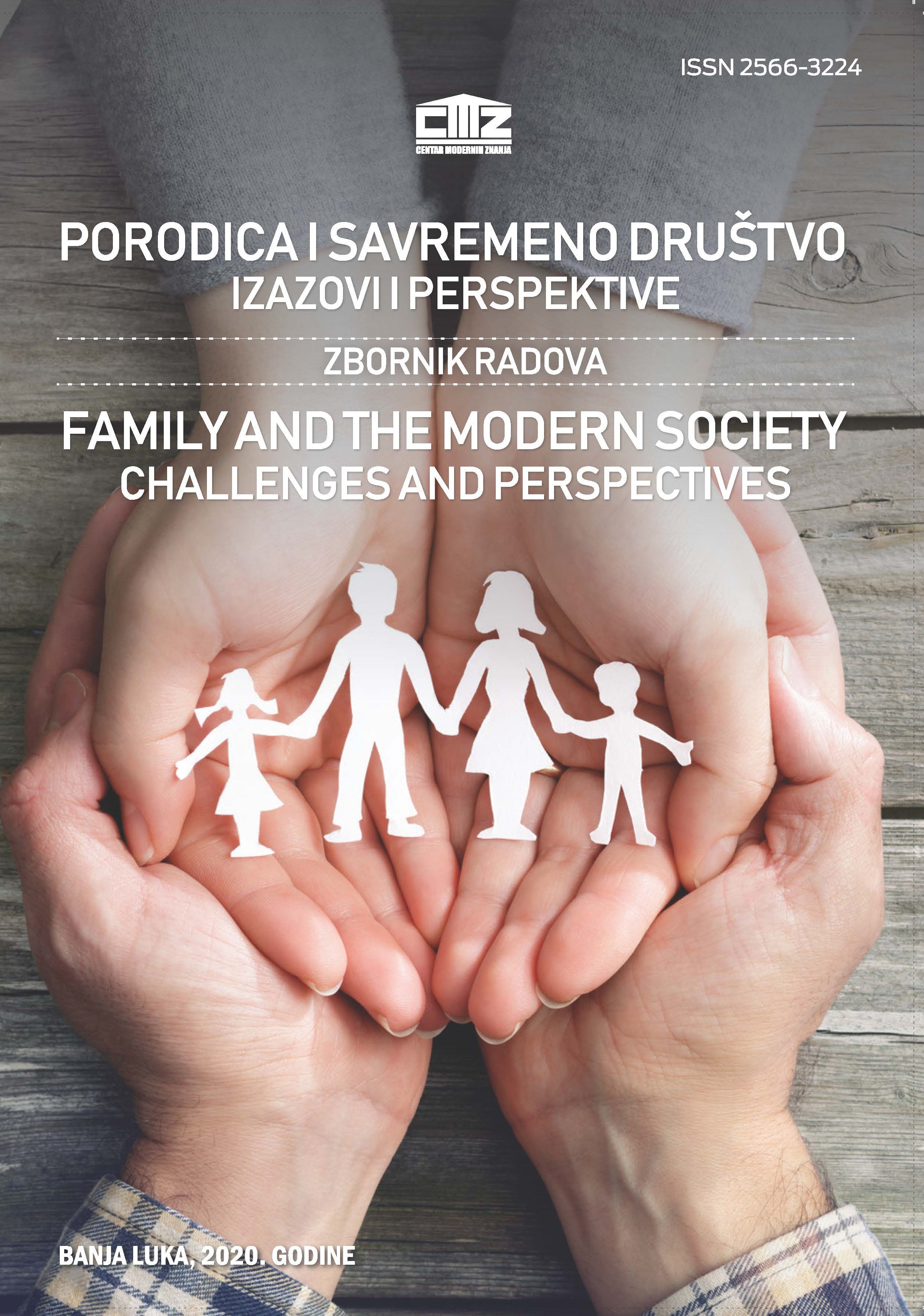DIJETE S TEŠKOĆAMA U RAZVOJU NA PRIJELAZU IZ VRTIĆA U ŠKOLU – KORAK NAPRIJED ILI KORAK NAZAD?
A CHILD WITH DEVELOPMENTAL DISABILITIES AT THE TRANSITION FROM KINDERGARTEN TO SCHOOL - A STEP FORWARD OR A STEP BACK?
Author(s): Vanja Marković, Kristina Alviž RengelSubject(s): Education, Preschool education, School education, Inclusive Education / Inclusion
Published by: CENTAR MODERNIH ZNANJA
Keywords: child with developmental disability; kindergarten; family; elementary school; cooperation;
Summary/Abstract: A successful transition from pre-school to the school system should provide each child with positive educational opportunities, and this is only possible if the characteristics of each individual child are taken into account. When we talk about children with developmental disabilities, in addition to the conditions for conducting individualised and specific educational programmes based on the characteristics and needs of the child and professional interdisciplinary support for their development, it is necessary for this children to plan individually and to assure the quality of the transition from kindergarten to school. However, the analysis of the documents governing this area establishes that the cooperation between kindergarten and school is not clearly defined by any current regulation. There is also no agreement between the pre-school and primary school curriculum, which would form the basis for a pedagogically coordinated and optimised transition. In order to avoid the dangers that the transition from kindergarten to primary school can bring, it is necessary to cooperate with all those directly involved, therefore, educators, teachers and families. It is therefore necessary to provide and implement individualised programmes of transition for a child with developmental disabilities from kindergarten to primary school, as a support mechanism in the transition to the next level of education. Individualised programmes should include activities aimed at parents, cooperation activities of pre-school and primary school system professionals, as well as activities aimed at the child alone. Only through such structured cooperation can we achieve the continuity of education in a pedagogical environment that will provide stability, a sense of security, competence and that will enable each child and student to develop his potential as well as the respect for his specificity.
Journal: DRUŠTVENE DEVIJACIJE
- Issue Year: V/2020
- Issue No: 5
- Page Range: 336-345
- Page Count: 10
- Language: Croatian

